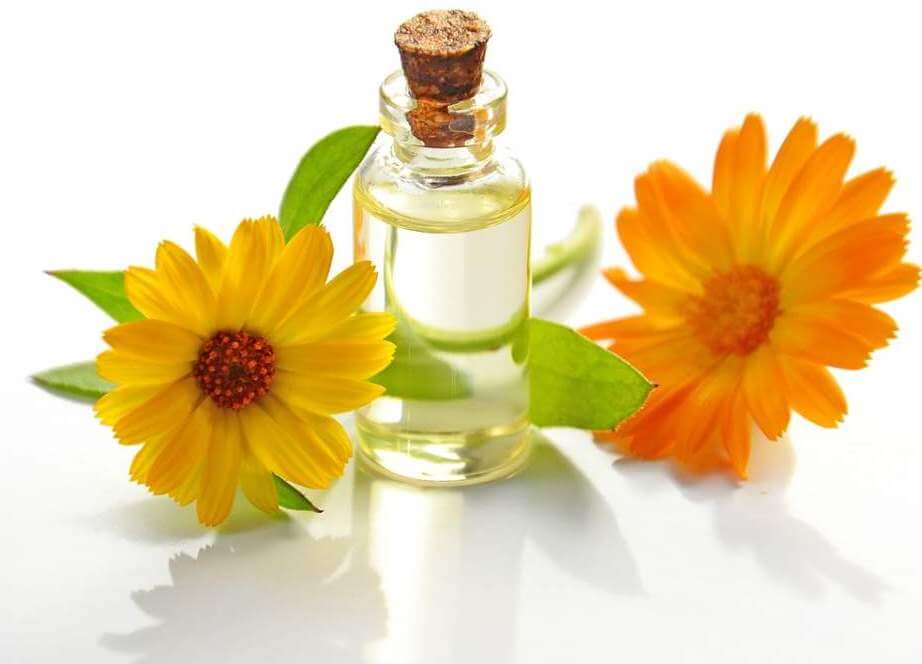Whenever there is a strange odor lingering in your house or office, you can’t concentrate on your work and you feel like the place is dirty. Some people use odor neutralizers as air freshener, while others are fond of essential oils. There are very controversial opinions regarding essential oils as some people think that they are good for health, while others claim that their use is harmful to the users. Let’s first understand the concept of essential oils, aromatherapy, and then dive into the benefits and disadvantages of essential oils.
What are Essential Oils?
Essential oils — plant extracts — are created by steaming or pressing different parts of a plant, such as leaves, flowers, fruits, etc. to extract the compounds that provide the aroma. A single bottle of essential oil can be made from several pounds of a plant.
Besides producing fragrance, these oils have many other functions about which we’ll talk in a minute.
What Is Aromatherapy?
Aromatherapy is when you use essential oils for therapeutic purposes. It has been practiced for millennia. When a person inhales, the scent molecules of essential oils move directly from the olfactory nerves to the brain, affecting the amygdala — the brain’s emotional center. During aromatherapy, you use essential oils to inhale them via your nose or put them on your skin to take a bath or get a massage.
The Usage of Essential Oils
Let’s see some of the cases when people use essential oils:
- Are used in the cosmetics and makeup business to produce perfumes.
- Add aroma to body washes and creams.
- Used in aromatherapy. Aromatherapists think that inhaling essential oils allows some of the potentially beneficial components to enter the bloodstream and lungs, where they may benefit the body.
- Put it on the skin during a massage.
The common essential oils are:
- Lavender
- Tea tree
- Orange
- Lemon
- Eucalyptus
- Ylang-ylang
- Chamomile
- Peppermint
- Cedarwood
 Benefits of Essential Oils
Benefits of Essential Oils
Essential oils, when used correctly, can have beneficial effects. Experts believe that when people inhale essential oils, the aroma molecules move from the nerves to the brain, potentially affecting the limbic system, which controls behaviors, emotions, sense of smell, and long-term memory. Smells can elicit emotions and memories since the system is involved in memory formation. People believe that using essential oils on your skin and massaging them in relaxes your muscles. Each essential oil can have different effects but further research and studies are needed for more facts.
Let’s dive into 3 common health benefits that essential oils may have if used correctly:
- Feelings of Relaxation — Chamomile, rose, and lemon can improve users’ mood. Chamomile can also help in relaxation and it’s no surprise that essential oils are used during a massage to relax tight muscles.
- Ease depression, stress, anxiety — Lavender, lemongrass, rosemary, and sweet orange can relieve stress, and lemon, bergamot can reduce anxiety and depression.
- Improve sleep — Some essential oils can help improve sleeping, such as cedarwood, lavender, frankincense oils. Especially lavender oil can have a positive impact on sleep.
Other common health benefits:
- Boost energy
- Improve mood
- Treat headaches
- Support digestion
- Reduce inflammation
- Boost immunity
However, further research is essential for more data.
Disadvantages of Essential Oils
Now it’s time to dive into the disadvantages of essential oils and what kind of side effects they may have on health:
Allergic Reactions
In some cases, people might have irritation or allergic reactions to essential oils. Some of them can irritate your eyes, skin, and the mucus membranes of your nose. Some oils are considered more problematic than others and are jasmine, chamomile, ylang-ylang, lemongrass, bergamot, etc. Because essential oils are so strong, diluting them with a carrier oil is the best method to avoid a negative reaction while applying them to your skin. Don’t forget about patch testing before applying the essential oil to ensure that you don’t have any allergic reactions.
Ensure to follow these crucial steps:
- Use unscented soap and wash your forearm.
- Dry gently.
- In a small part of your forearm, apply a few drops of diluted essential oil.
- Wait for at least 24 hours.
- Wipe it.
If you see some irritation, such as red and itchy skin, then definitely you have allergic reactions and must not use the oil. If an uncomfortable feeling of itching appears before the 24-hour period passes, you need to wash your forearm as fast as possible, using water and soap.
Asthma Attacks
The safest method to utilize essential oils is to inhale them through a smelling accessory or diffuser. Scents are known to elicit strong emotions and memories in people. Some oils have relaxing effects, and many people find specific scents to be soothing.
There are still certain hazards associated with using essential oils in this manner. While some promote essential oils as a strategy to relieve asthma symptoms, these compounds can potentially cause asthma attacks in some people.
Headaches
Other negative effects of aromatherapy treatments include headaches, nausea, and light-headedness. However, these symptoms are not as harmful and you can get rid of them once you discontinue using essential oils or wash them off.
As a general rule, using anything in excess can be harmful to your health. As a result, you should use each thing in moderation to avoid harming your health. And always consult with your doctor before using essential oils.
